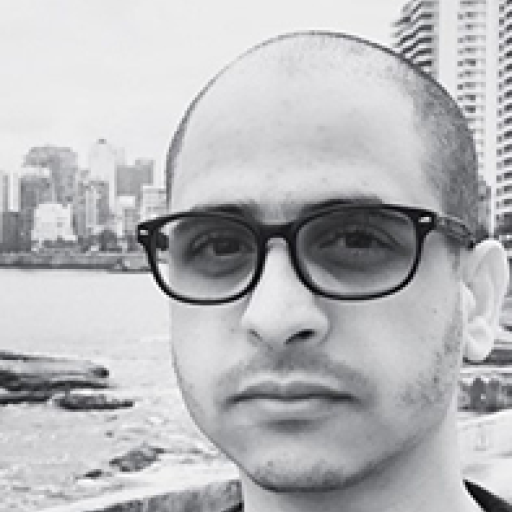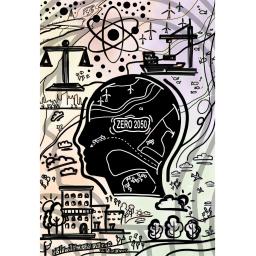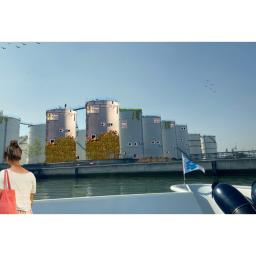Public seminar in conjunction with AR2HA011 Building Green: Past, Present, Future
We are delighted to host a hybrid public seminar at BK as part of our collaboration with The Recife Exchanges Netherlands, the Municipality of The Hague, and the RCE. The seminar, in conjunction with our master's elective AR2HA011 Building Green: Past, Present, Future, will feature presentations by RCE's researchers and advisors, Jean-Paul Corten and Gerjan de Boer.
This seminar will provide an introduction to the activities of the Cultural Heritage Agency in the Netherlands and will explore avenues for future research.
Programme:
- Introduction on the RCE
- Heritage & Water Strategies (Jean-Paul Corten)
- Heritage & Water in the Netherlands (Gertjan de Boer)
- Q&A (remaining time)
Zoom Link: https://tudelft.zoom.us/j/94413432075
The Cultural Heritage Agency of the Netherlands
The Cultural Heritage Agency of the Netherlands aims at giving relevance to heritage in an ever-changing society by linking knowledge to policy and practice. Current water challenges are one of the topical urgencies to face. Not only because they affect the heritage’s integrity but also because they can help solve water challenges.
Heritage & Water Strategies
How can water management and heritage management serve each other? A fruitful synergy between the two disciplines can be reached in three dimensions: the historic dimension, the conservation dimension and the planning dimension. The subject of interaction between the two disciplines differs per dimension and relates to the changing water system, the heritage we cherish and a changing living environment respectively. The synergy to be reached between the two disciplines differs accordingly.
‘Heritage and climate: hope for the best, prepare for the worst’
Extreme weather and changes in our climate have always been a threat for heritage. The more than 200 villages that the Dutch ‘lost to the sea’ is a dramatic example of this. But now this process goes faster and with more severe consequences than we our used to. And besides that; we are now used to feeling save and preserving all we see of value. But can we maintain this belief? Or is climate change also a moment of conviction change? “It is time for a conversation about letting some things change and even letting some things go”, writes Caitlin Desilvey in her book Curated Decay.
In my presentation, I will focus on the limits of preservation. I will also tell about the projects that we do to get a clear view of the threat of climate change. Bur there is also an optimistic note: the past is an almost unlimited source of knowledge for climate adaptation.
Biographies
drs. J.P.A.M. (Jean-Paul) Corten obtained his degree in history at Utrecht University and later studied planning. He started his career as a researcher in the history of technology at Eindhoven University. Currently he is employed as senior policy officer on Integrated Conservation at the Cultural Heritage Agency of the Netherlands (Ministry of Education, Culture and Science). Besides he is affiliated with the Institute for Housing and Urban Development Studies (Erasmus University of Rotterdam). He is involved in many urban regeneration projects abroad.
Gertjan de Boer works as a senior Heritage and Climate advisor at the Dutch Heritage Agency. He tries to get a grasp on the severe consequences of climate change on Dutch heritage. Besides the side of thread, he is convinced that the past is a source of knowledge for climate adaptation action. After all: dealing with extreme weather is as old as our species. Gertjan is also chair of the ‘Klimaat en Erfgoed platform’; a NGO that facilitates the discussion on climate change & heritage with events and publications.
Building Green: Past, Present, and Future is a Master’s elective that offers a critical history of sustainability in architecture. It includes multiple literature review and reflective assignments to examine the ecological, economic, political, cultural, and social dimensions of design, planning, and construction. The course is led by Carola Hein, coordinated by John Hanna, and taught together with Abhijeet Chandel, Alankrita Sarkar, Mila Avellar Montezuma, Salma Elrouby, Sergi Rusca (RADIUS CCA), and Wenjun Feng.




